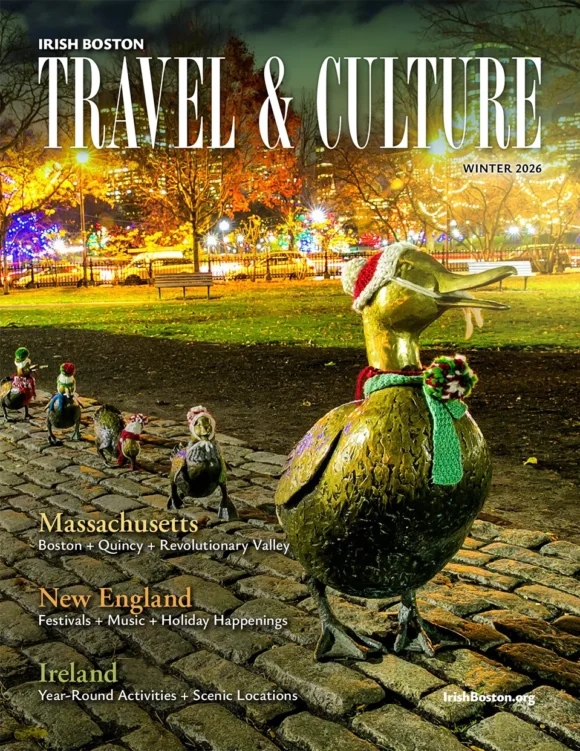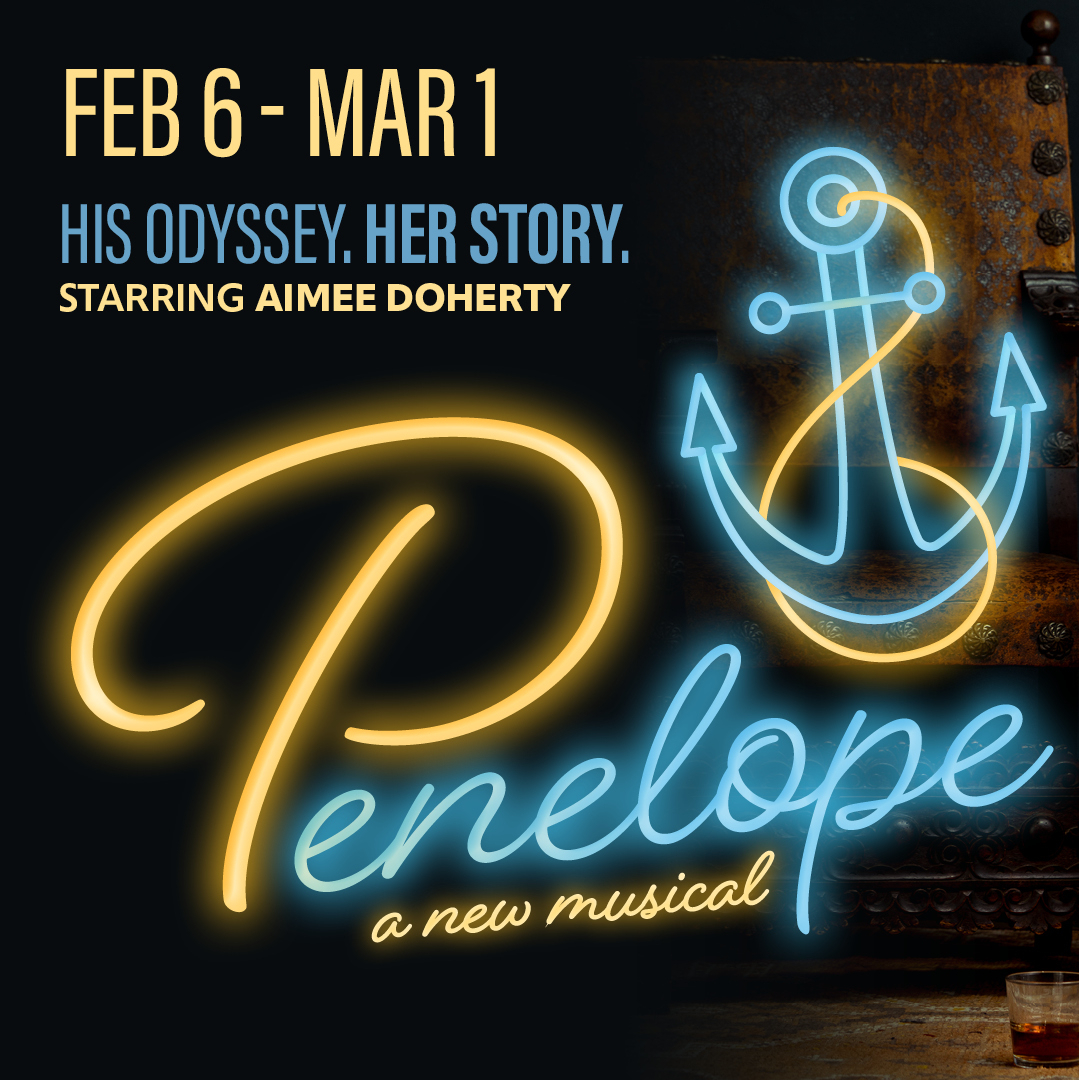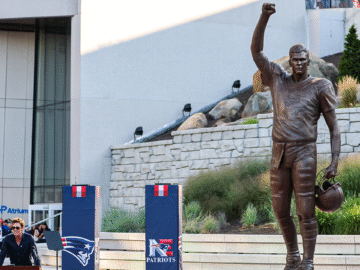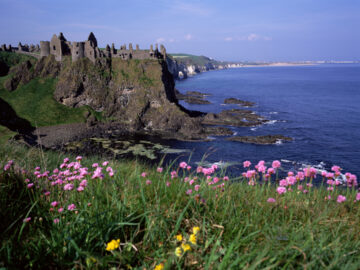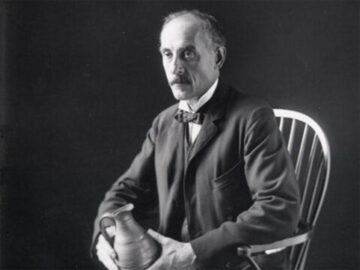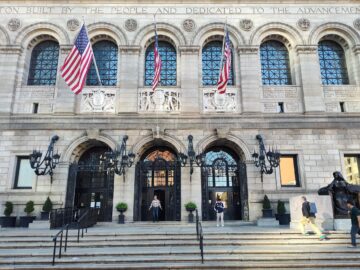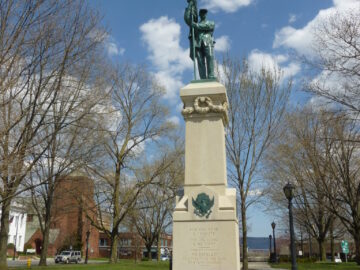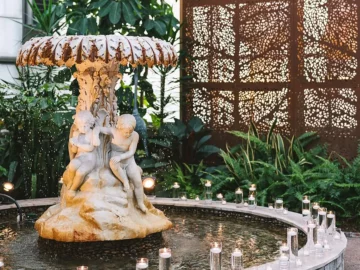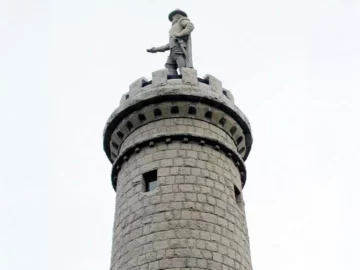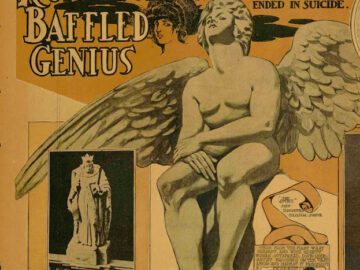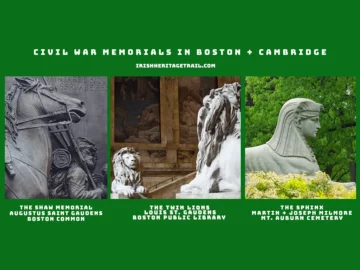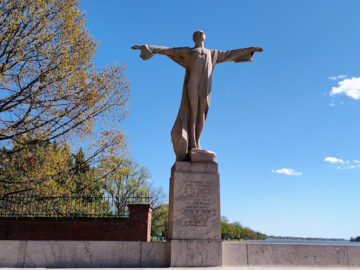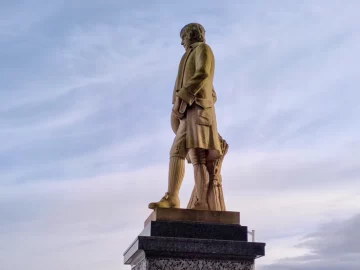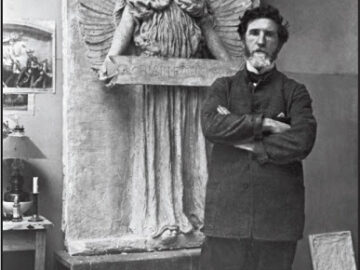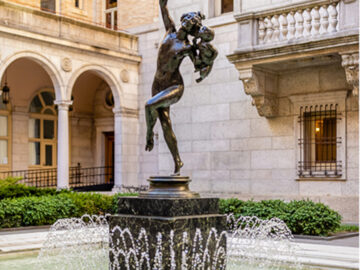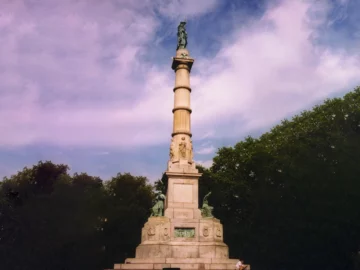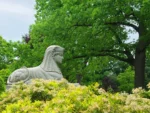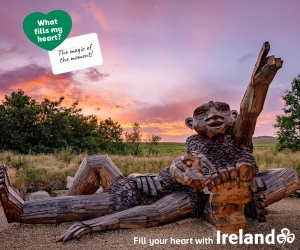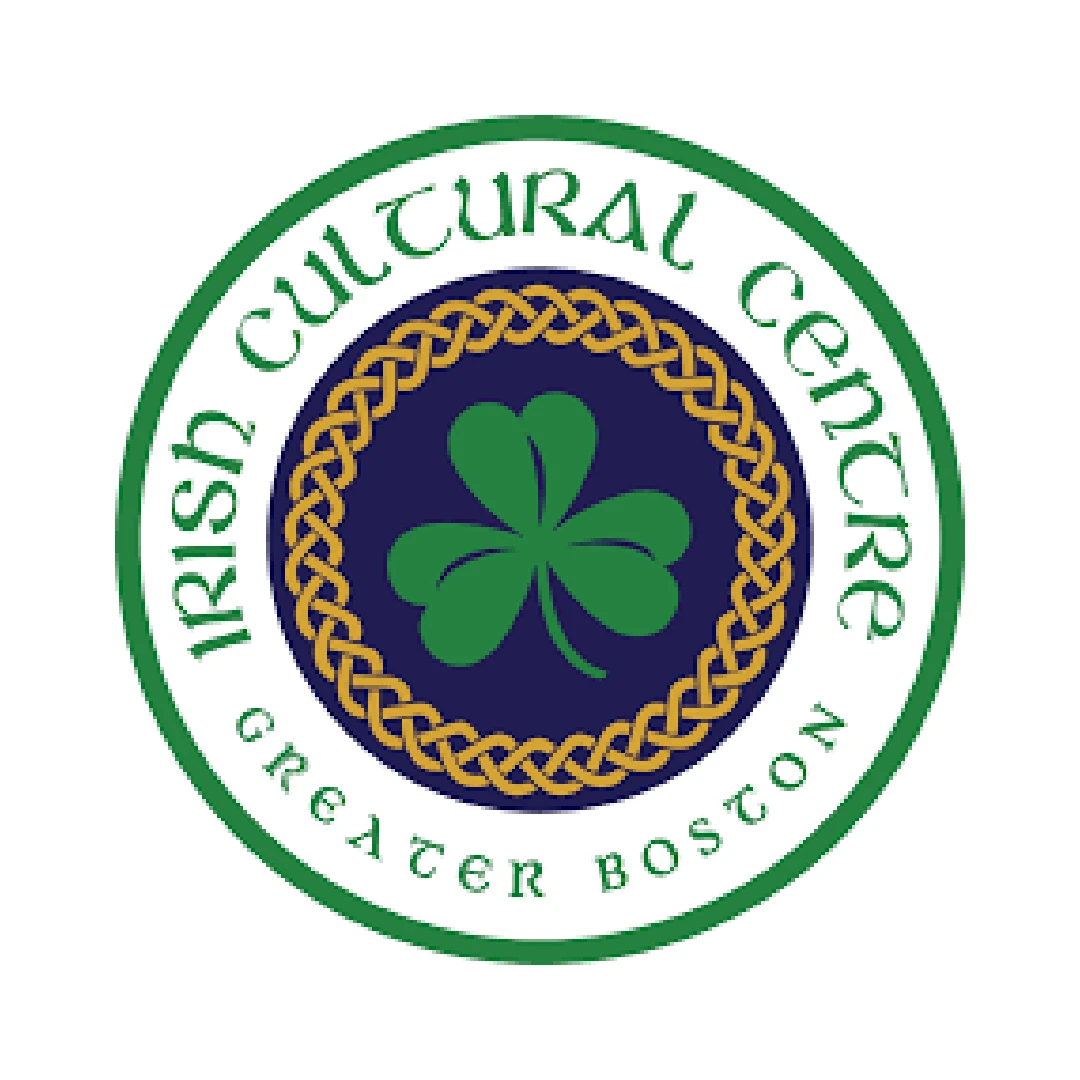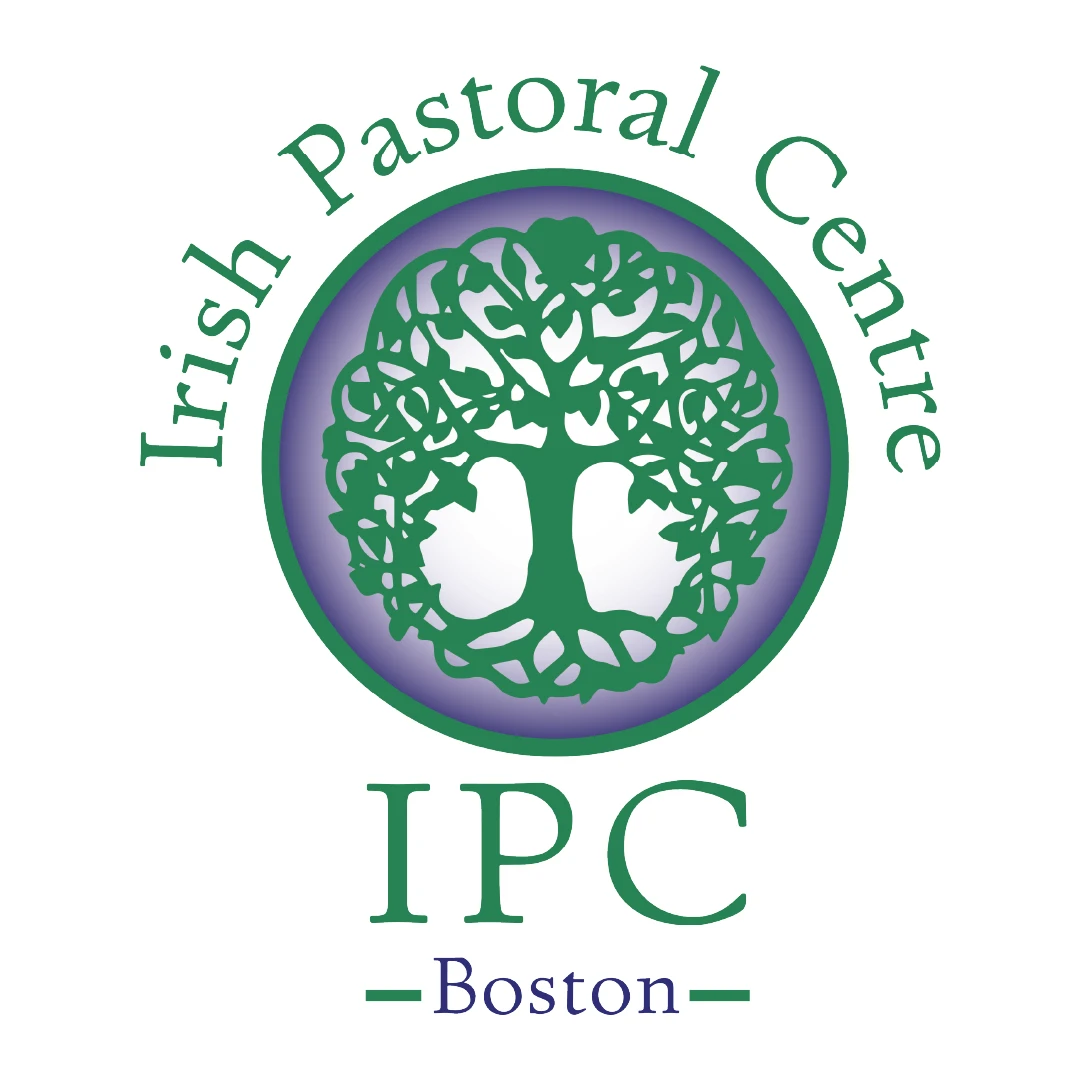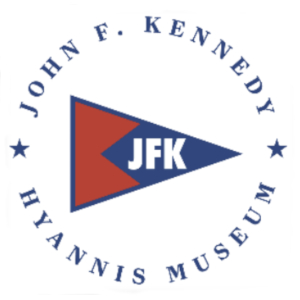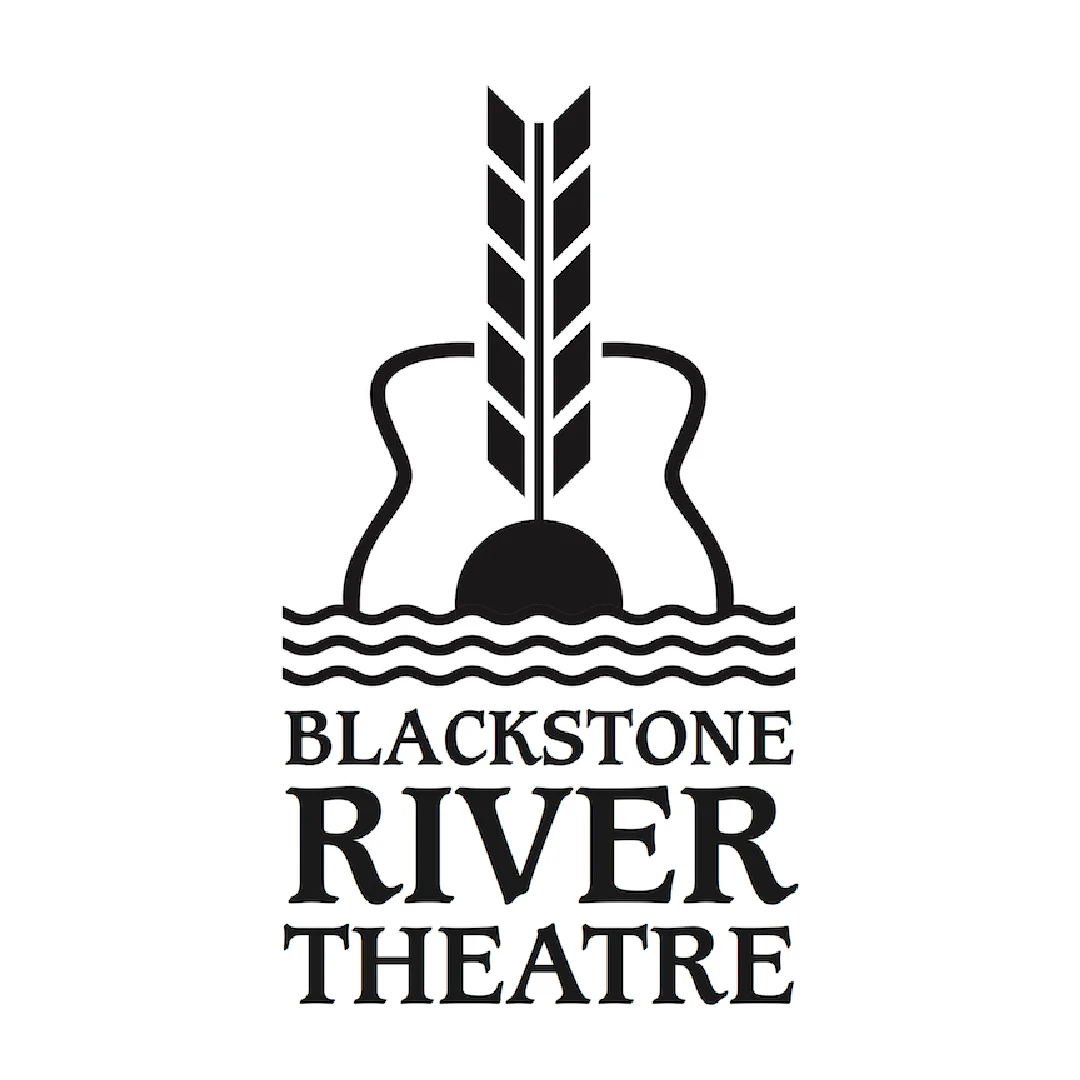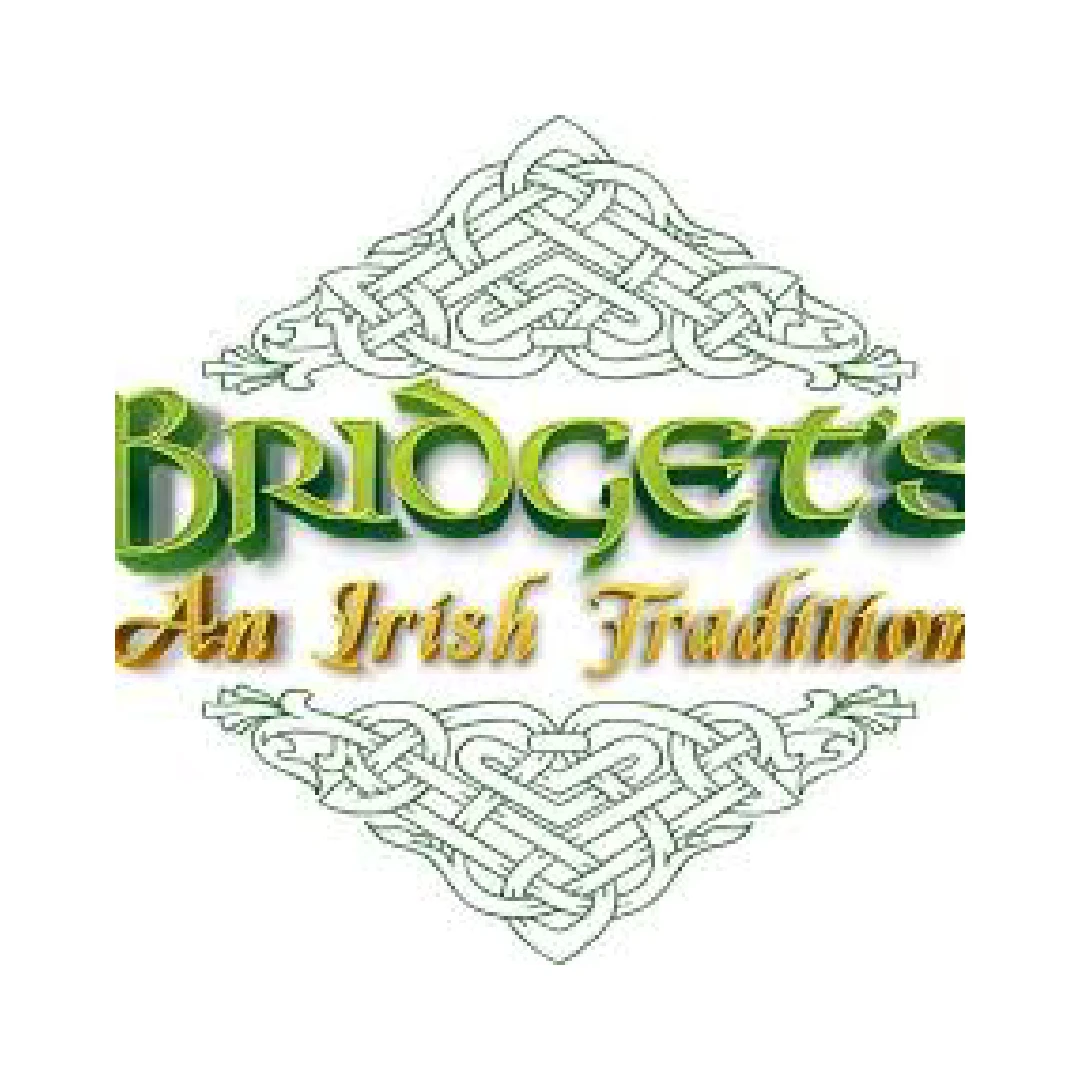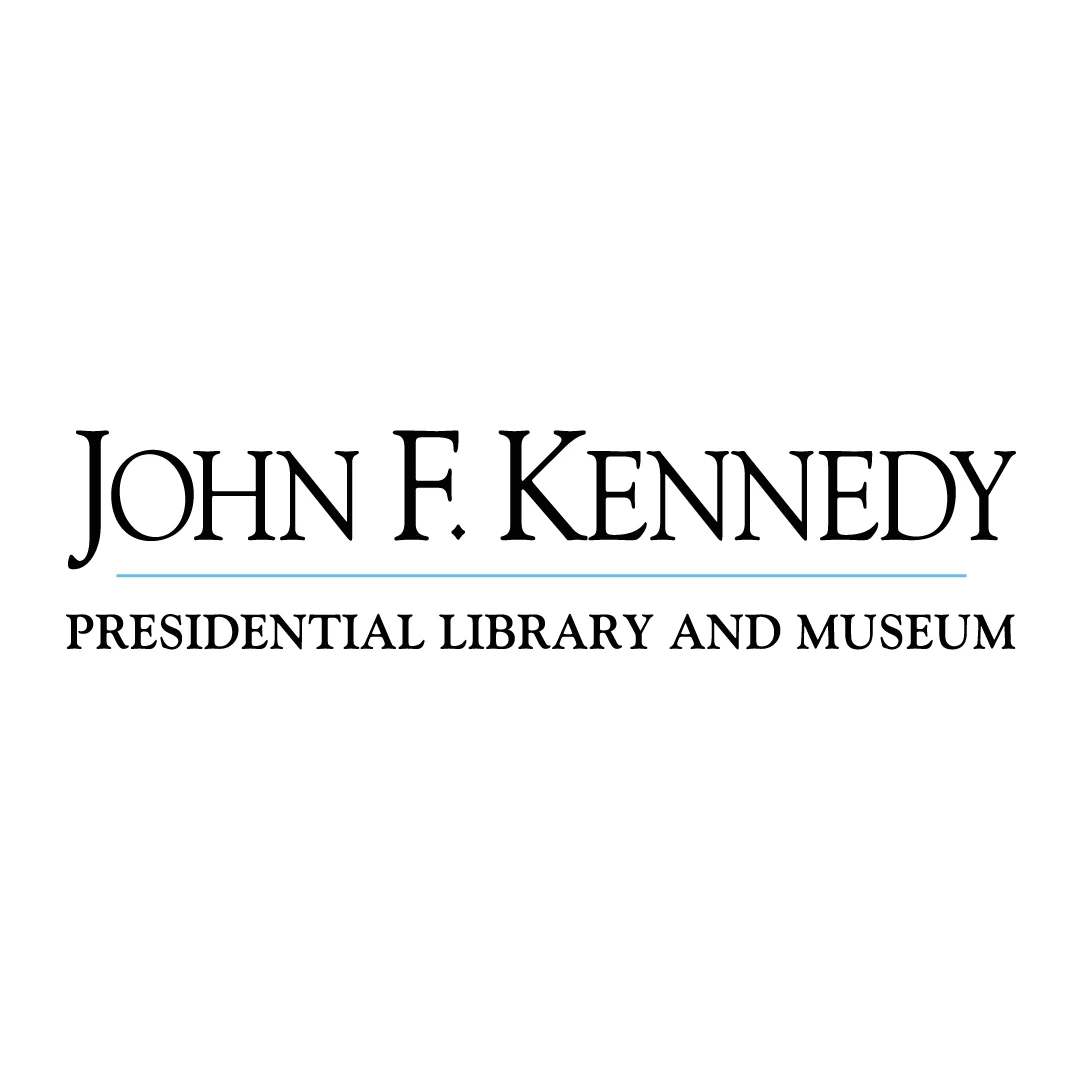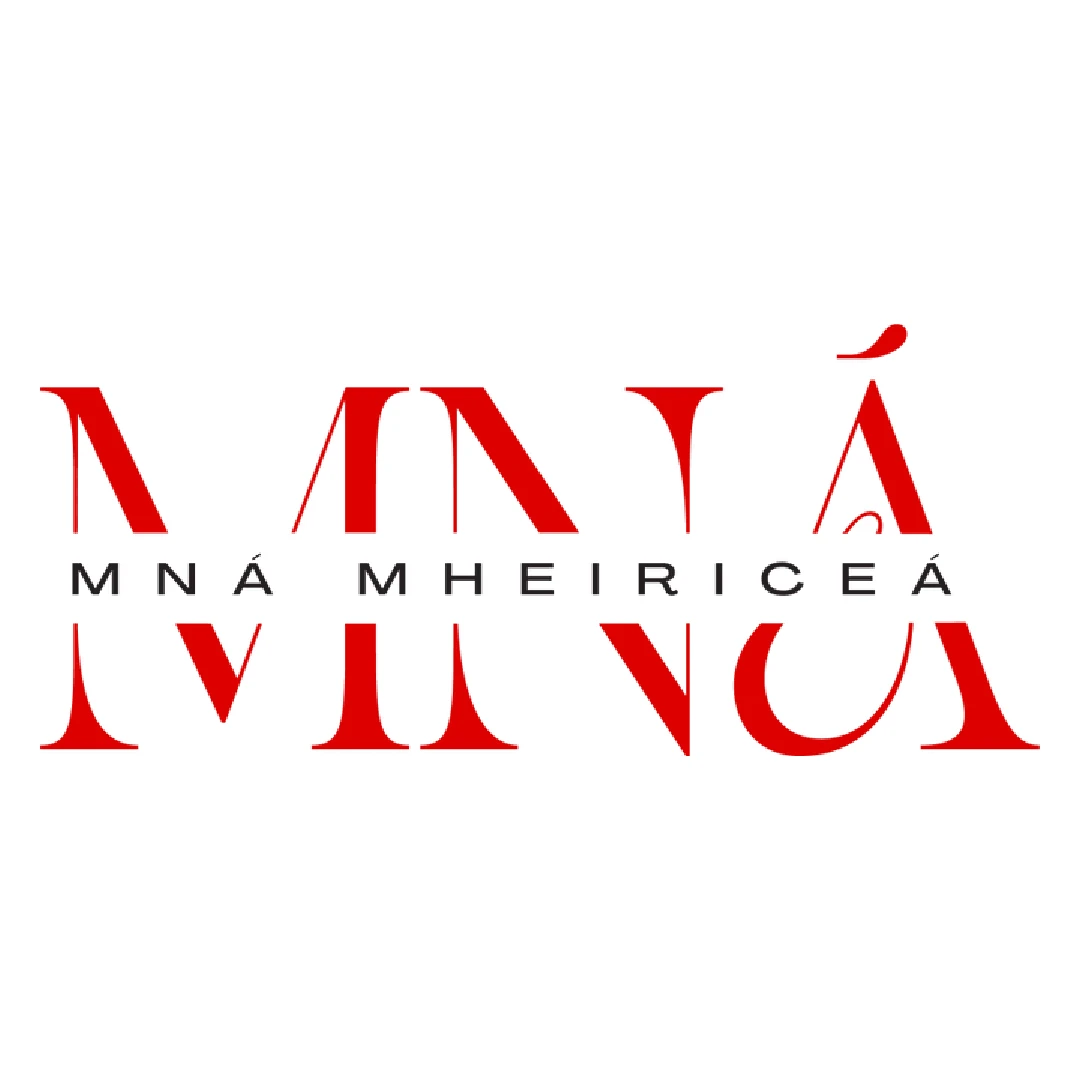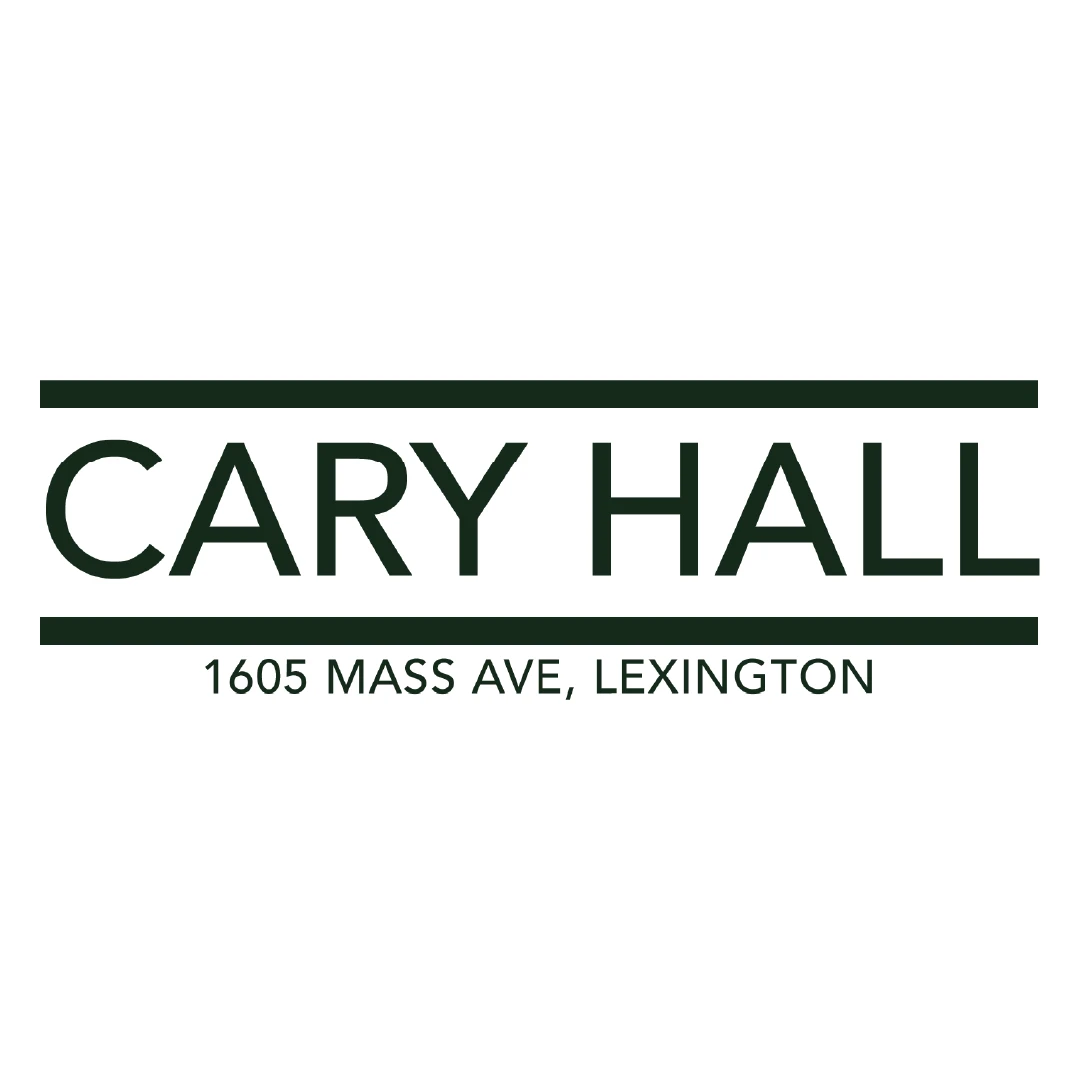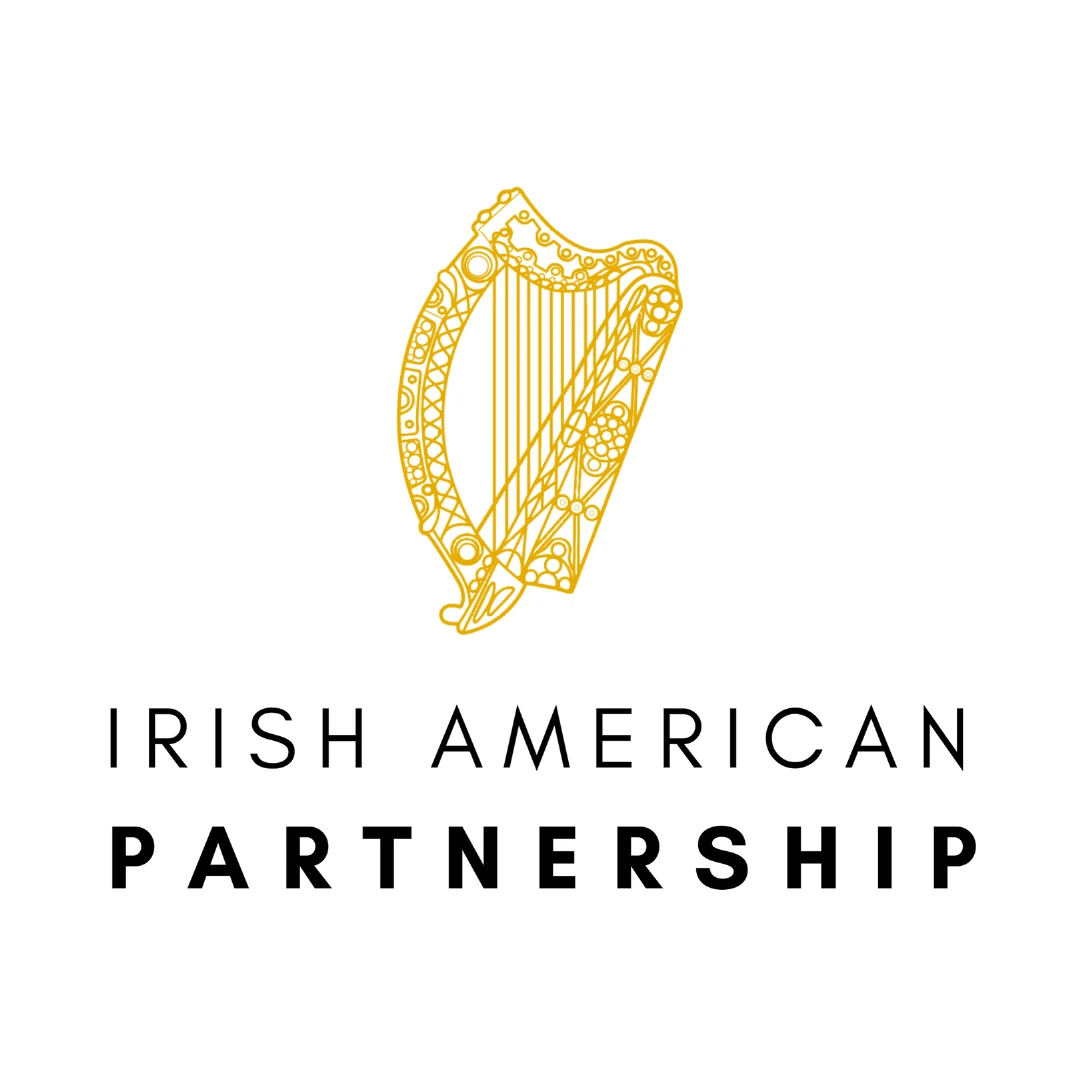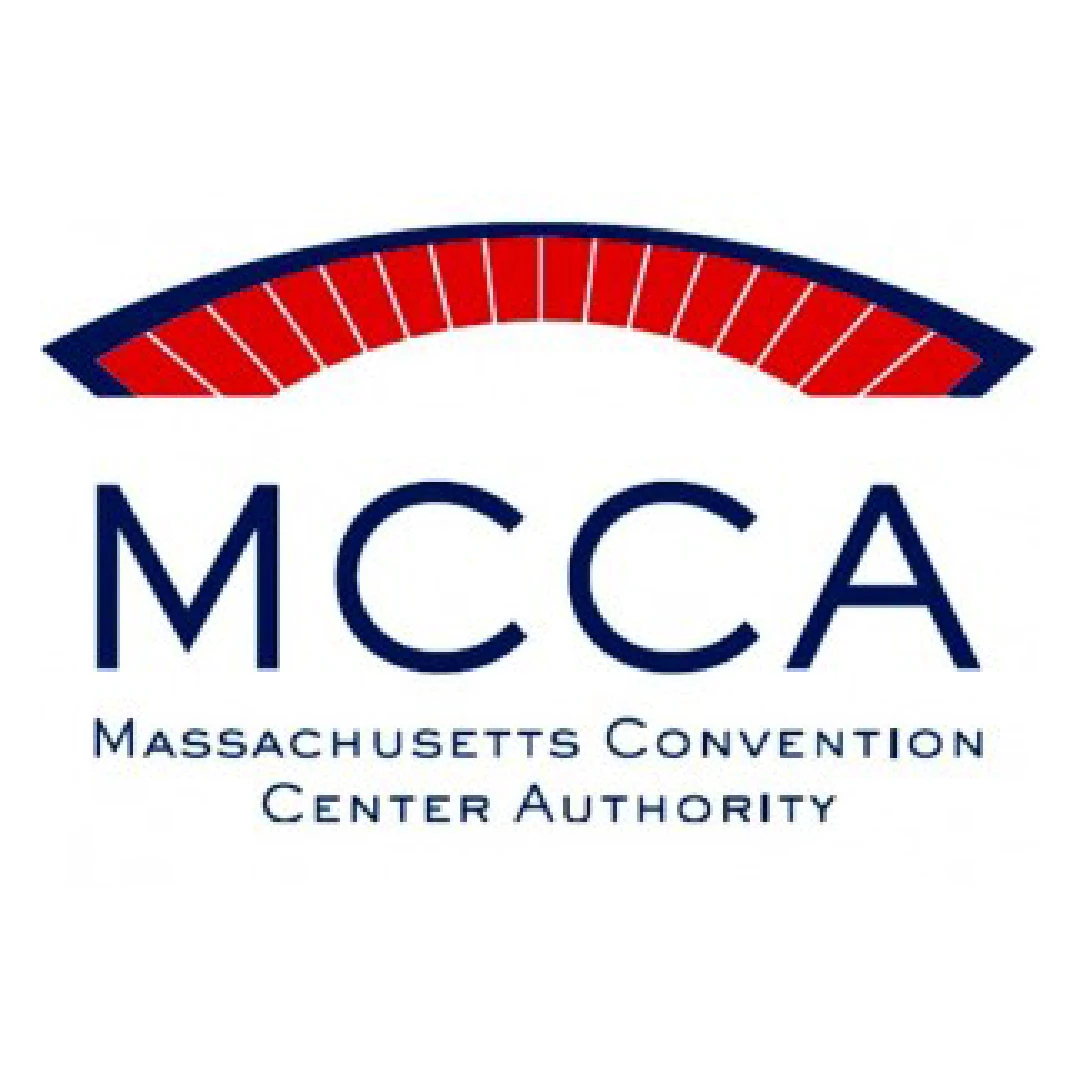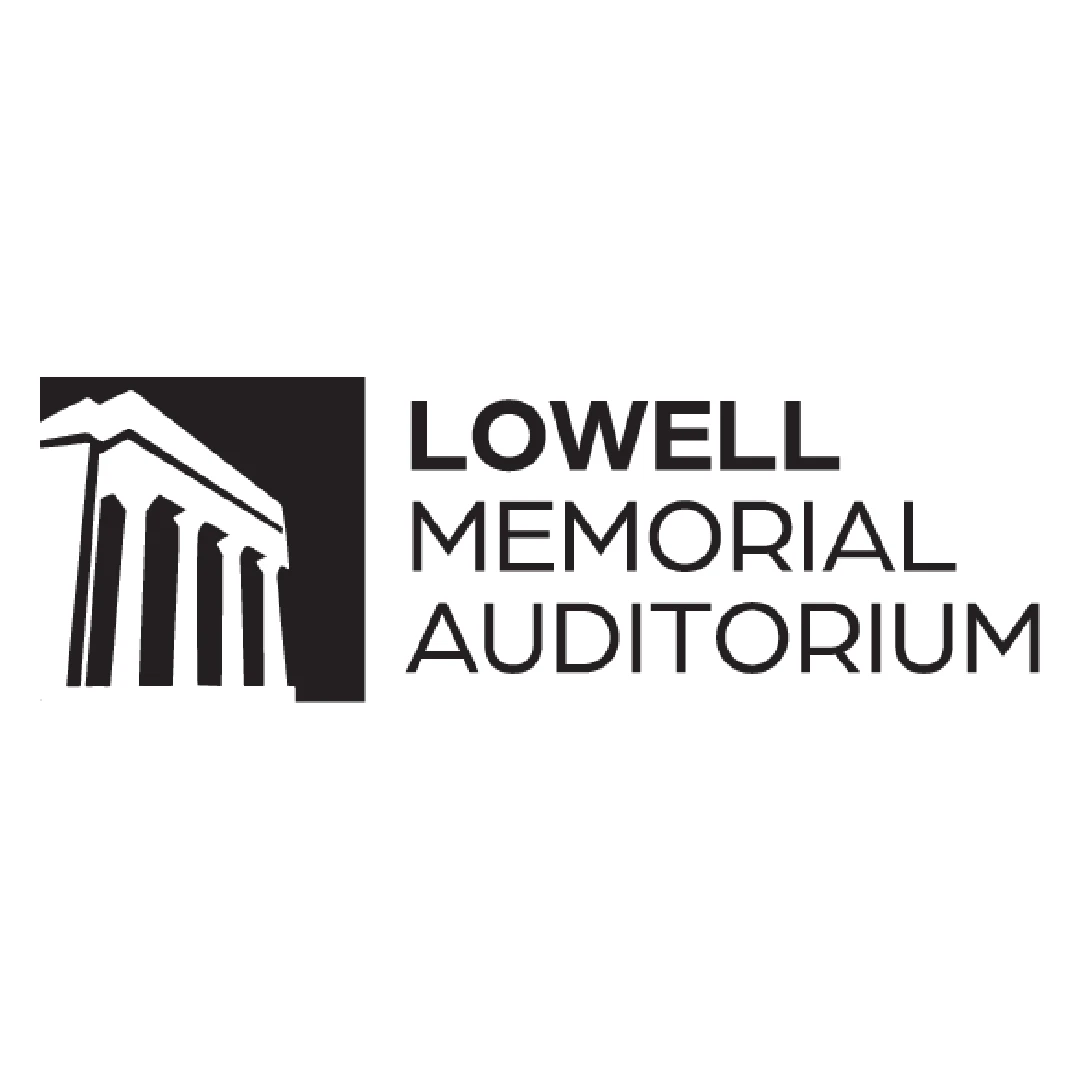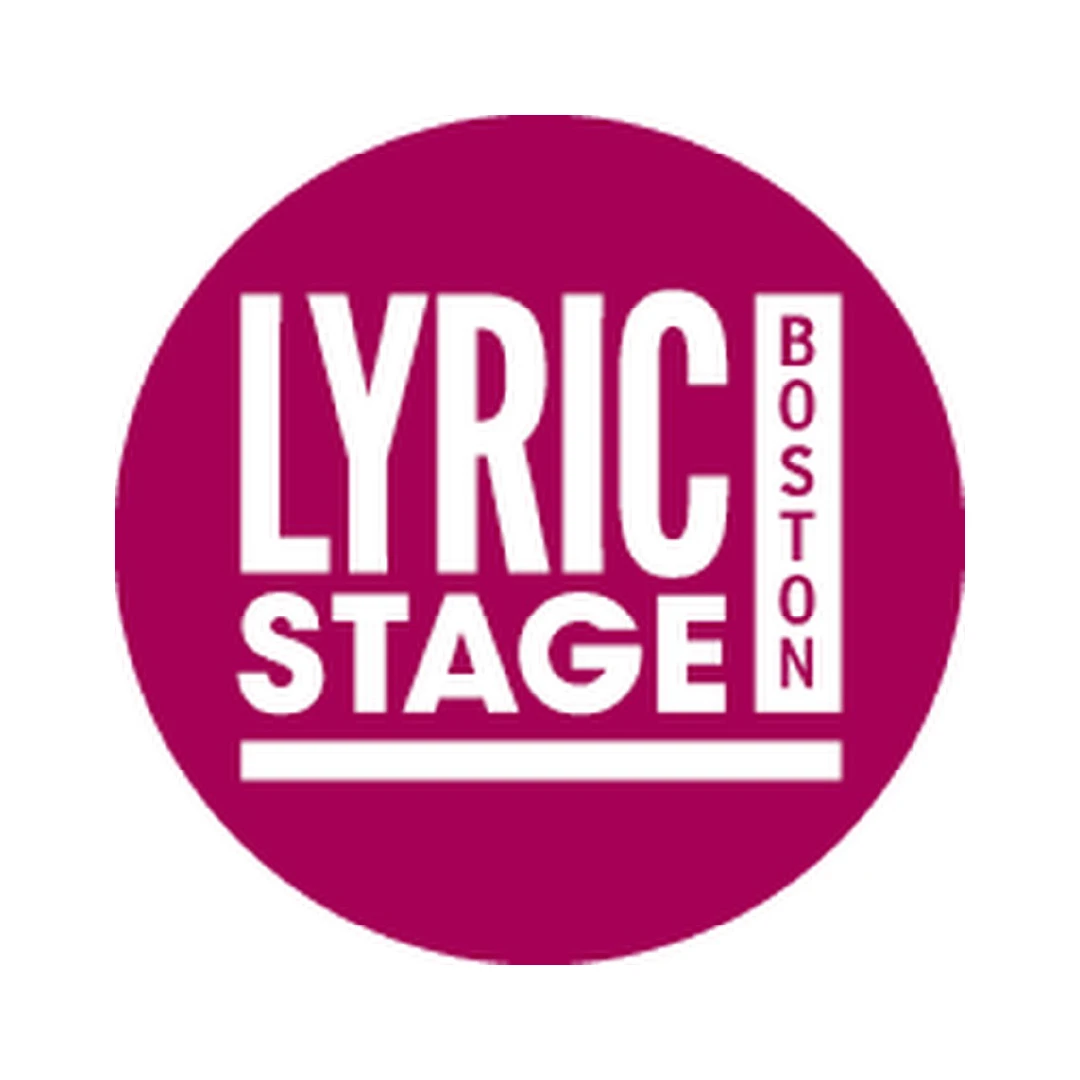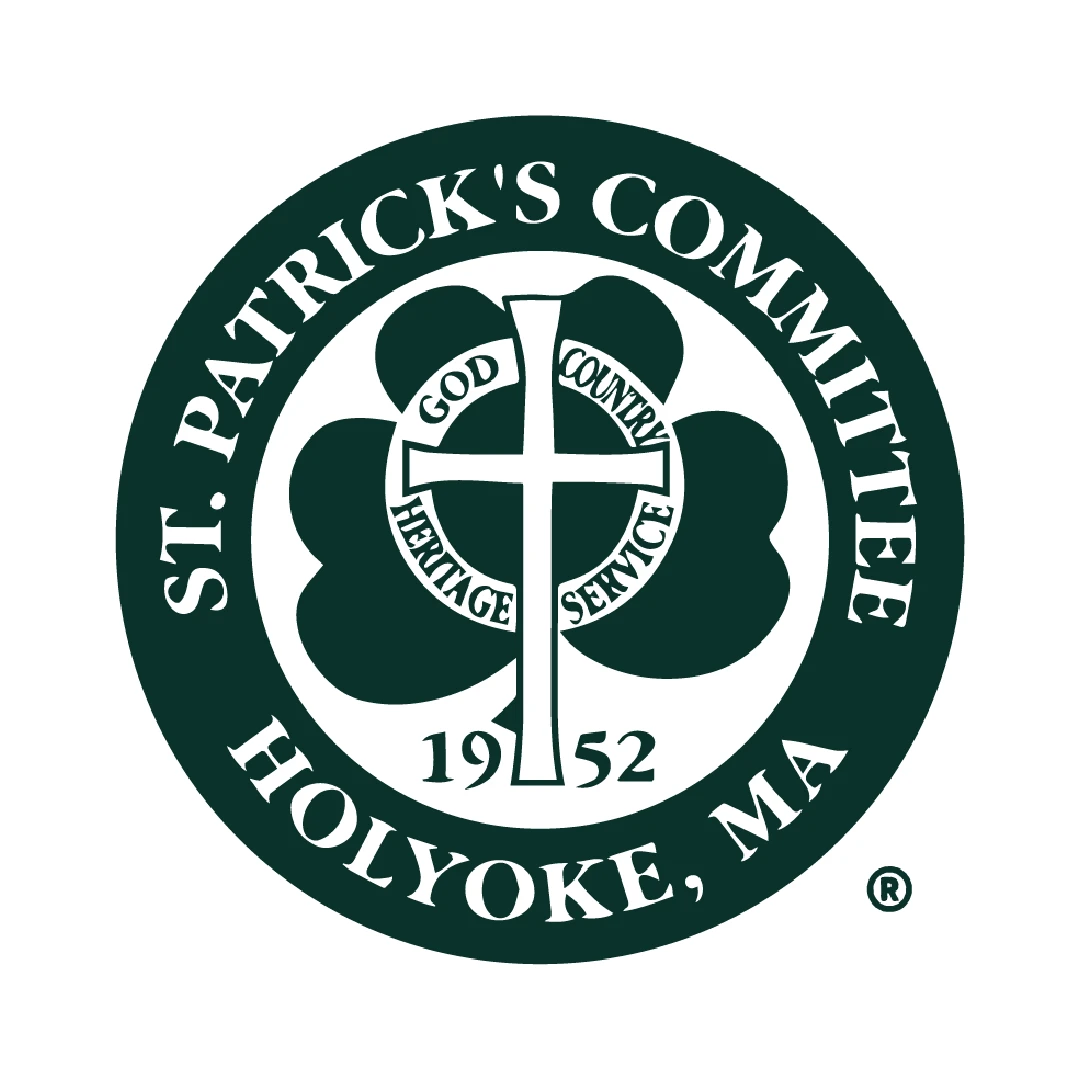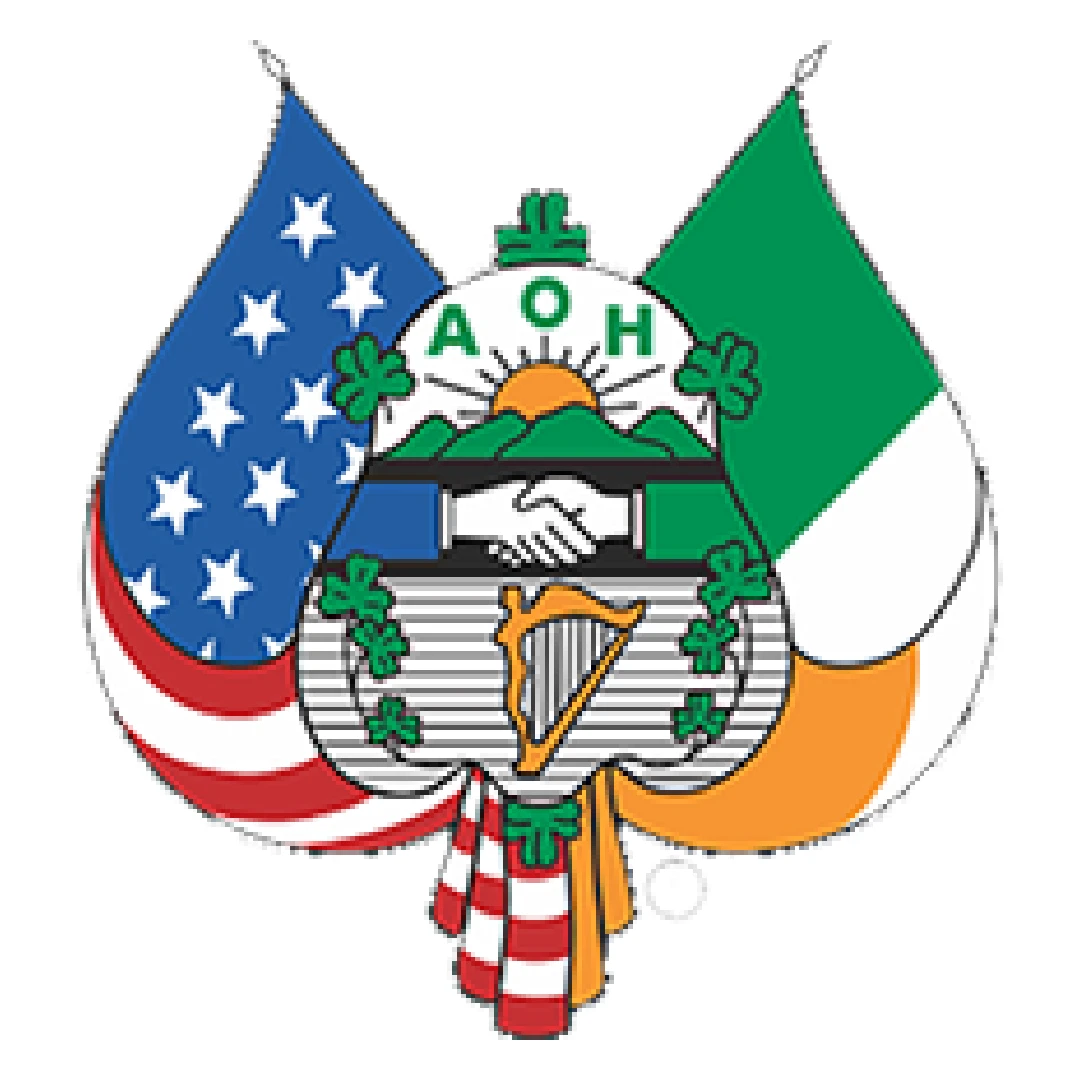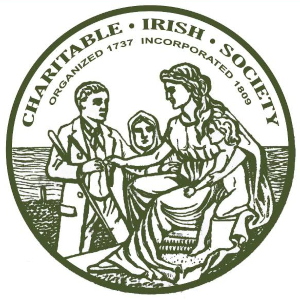Sculptors
Portrait of Louis St. Gaudens, photo courtesy of Saint Gaudens National Historical Park Louis St. Gaudens (1854-1913), whose iconic sculptures grace the American landscape today, was born in New York City on January 8, 1854. He was the son of Bernard Saint-Gaudens from France and Mary McGuinness from Ireland, and the brother and protégé of his…
The Boston Public Library (BPL), founded in 1848 and acclaimed as the People’s Palace, has an incredible collection of books, videos, music, genealogy resources and educational materials available to the public. The BPL also has a celebrated collection of art and sculpture throughout the library that inspires library staff, visitors and residents every day. The McKim Building itself is…
Irish-born Launt Thompson (1833-1894) was a consequential American sculptor of the 19th century whose monuments of the Civil War and classical themes were hailed during his lifetime. Born in Abbeyleix, County Laois, Ireland in 1833, he emigrated in 1847 with his widowed mother and settled near Albany, New York. Like the other Irish sculptors such…
Margaret F. Foley (1827-1877) was a highly-praised 19th century cameo artist and sculptor, who lived in Vermont, Lowell and Boston, Massachusetts before moving to Rome, Italy where she spent the final 17 years of her life. She was widely known for her exquisite and intricate cameos of leading personages from singer Jenny Lind and poet Henry…
Dublin-born sculptor Stephen J. O’Kelly (1850-98) was a successful artist in late 19th century United States, creating several important memorials that still stand today. Born in Dublin, he studied art in Paris and opened a studio in London before immigrating to Boston, where he lived for much of his adult life. He had Roscommon roots, and his brother,…
One of the most gifted 19th century Irish-American sculptors, according to art historians, was John Talbott Donoghue (1853-1903) , a Chicago native who lived in Boston in the 1880s and whose life and career ended tragically when he took his own life. Donoghue was discovered as a struggling artist by Oscar Wilde during the famous…
A number of Irish immigrants and Irish-American sculptors created some of the most distinctive Civil War Monuments of the 19th Century. Here are three of their monuments in Boston and Cambridge worth visiting: 1. The Shaw Memorial, atop Boston Common and facing the Massachusetts State House, was officially unveiled on May 31, 1897, a homage to…
The Titanic Memorial in Washington, DC, an iconic depiction of one of the major maritime tragedies of the 20th century, was carved in Quincy, Massachusetts by local sculptor John Horrigan, who used a 20-ton slab of granite to complete the masterpiece. The pedestal, designed by Henry Bacon, used granite from the quarries in Waverly, RI. Gertrude Vanderbilt…
Scotland’s famous poet Robert Burns, whose birthday is celebrated around the world on January 25, has a beautiful granite statue and park in his honor in the city of Quincy, Massachusetts. The 25-ton statue was designed by noted Quincy sculptor John Horrigan (1863-1939) and carved by his son Gerald Horrigan (1903-1995), and unveiled on November…
One of America’s most acclaimed sculptors of the 19th century was actually an Irish immigrant. Augustus Saint-Gaudens (1848-1907) was born on March 1, 1848 on Charlemount Street in Dublin at the height of the Irish Famine, when millions of Irish were fleeing Ireland to places like Boston, New York, Montreal, St. John and other eastern port cities….
One of Boston’s most interesting sculptures, Bacchante and Infant Faun, is displayed in the courtyard of the Boston Public Library in Copley Square, Back Bay. The masterpiece was created in 1893 by American-born sculptor Frederick MacMonnies, a disciple of Augustus Saint-Gaudens. MacMonnies gave the original casting to his friend, architect Charles Follen McKim, whose own masterpiece, the Boston Public Library, was being…
The 150th anniversary of the American Civil War (1861-65) starts in 2011, and organizers across the country hope it will help shape a national consensus – or at least a sincere dialogue – on American values and aspirations. The anniversary can also be a reminder of how society turns to art to explore grief, conflict…
Get the Latest Irish News & Events in Your Inbox
Join our mailing list

